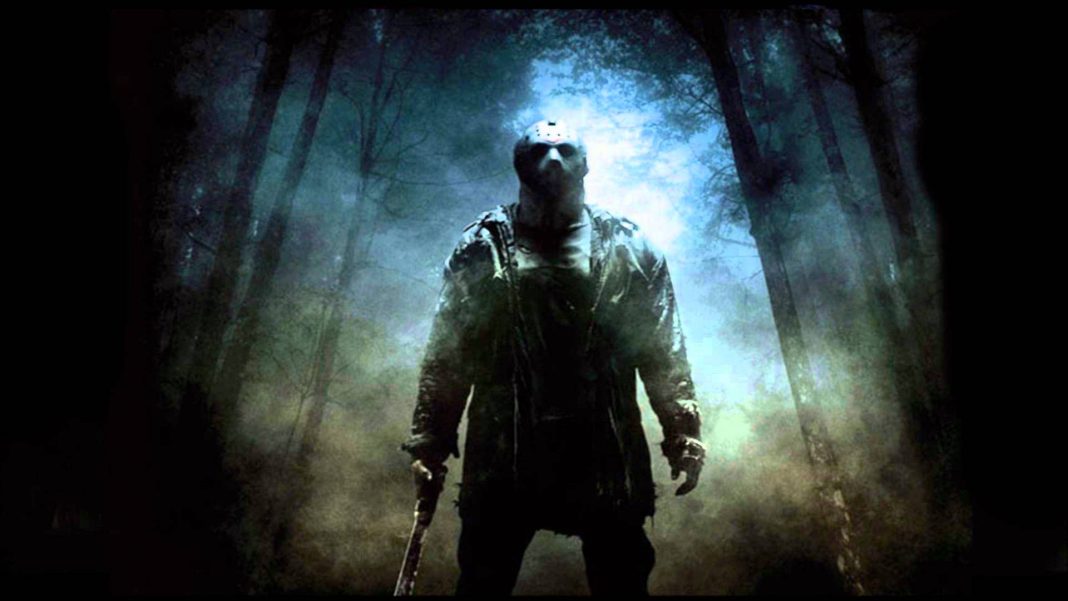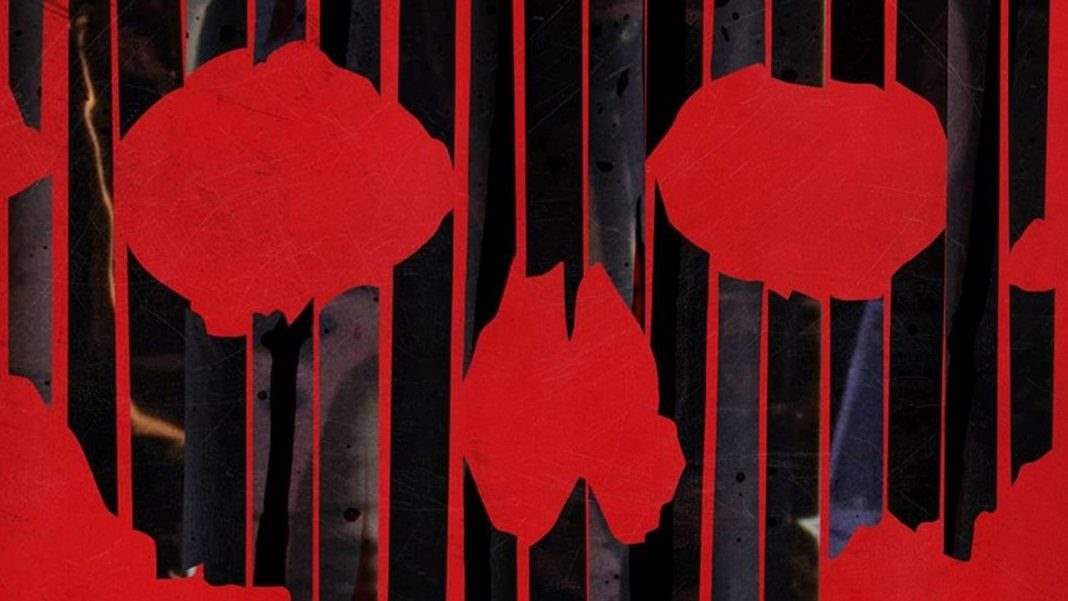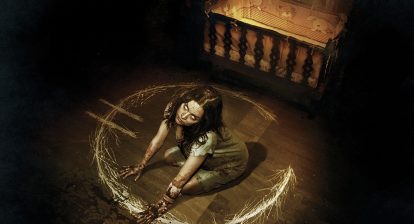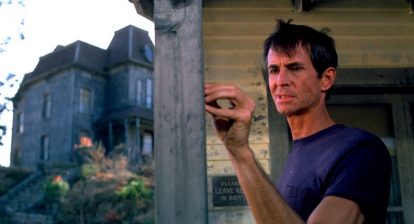Opera is Dario Argento’s modern update on The Phantom of the Opera. More than that though, it is representative of the film industry and the nature of show business as a whole. It can even be seen, in some respects as autobiographical for its director. The male lead is, after all, the director of the production within the story. He’s called a creep by his crew and those who know him, people treat him like he’s a reprehensible person because his background is in horror films. But he turns out to be a decent human being. And unlike the writer in Tenebrae, he does not turn out to be the killer. As someone who has himself been criticized for making horror pictures, Argento seems to have put a measure of himself into the character.
The protagonist, Betty, is played by Cristina Marsillach. She has many similarities with Phantom of the Opera’s Christine Daae. The difference is that Betty is hesitant to take on a larger role in the opera and isn’t sure how to react to the fame that comes with it. Her character represents the naievte and innocence of those entering the business for the first time. Everything is new and beautiful, but of course you quickly become exposed to the darkness and all the ugliness that goes along with it. The people you can and can’t trust are completely redefined. Too many are self serving and those who might appear at first to only be out for themselves can actually prove to have a much softer side. Argento has done many films that deal with this sort of duality but it’s different when viewed through the lens of the industry.
The other ugly side of the industry that Opera deals with is the obsession. The killer in this film is completely obsessed with Betty. There’s nothing romantic about it, no one would ever suggest that there is some sort of genuine chemistry between these two. He ties her up and forces her to watch as he kills people. Not the most romantic gesture imaginable.
Appropriately, Opera is one of Argento’s most high-budgeted and lavish productions. The cinematography rivals that of Suspiria, Tenebrae and Deep Red. Outside of Suspiria, it might be the director’s most gorgeous film on a visual level. This is ironic, in a way, given how it showcases both the beauty and the dark side of showbusiness in one fell swoop. The production design and scenery can be stunning in one scene and in the next, we see a woman bound up and forced to watch a violent murder.

Argento continues his bold, unsettling tradition of portraying horrible violence in a stylized and beautiful way. There are some intense sequences, including a woman swallowing a piece of jewelry only to have her throat cut open and the piece of jewelry pulled out. The gore sequences in Opera work almost like magic tricks, as some of the best cinematic gore scenes do. The audience goes through a mixture of repulsion and uncomfortable awe, but unlike most American slashers which try to portray their gore as overtly realistic the carnage in Opera is highly stylized.
Both film and stage production are referred to as cutthroat industries and like some of the best horror, Opera takes that theme and applies it literally. People will kill to climb their way to the top and people will kill to make sure that those they are obsessed with get to the top as well.
Opera is perfectly adapted to our current culture of celebrity obsession. People bid copious amounts of money for an actor’s used tissue. Numerous publications and blogs are devoted to figuring out what these people are doing at all hours of the day and night. The twenty-first century turned everyone into a stalker. Is this so far removed from a killer trying to prove his worth to an actress he idolizes? Idolizing an actor doesn’t make someone a killer but idolatry is still inherently unhealthy. These people don’t have private lives anymore, nothing about them can remain hidden.
Betty ties into this by trying to hide her past. Her mother had a darkness in her that the killer wants to exploit through Betty. She cannot hide this now that she is becoming a rising star and everything about her becomes a part of the public consciousness. Her battle to prove that she is not her mother is not fought privately, because it’s a point of which everyone is aware.
Opera is a solid, occasionally gothic giallo that showcases the beautiful and ugly sides of showbusiness. It can be grim, beautiful, funny and tragic all at the same time and for that remains one of Argento’s best.






